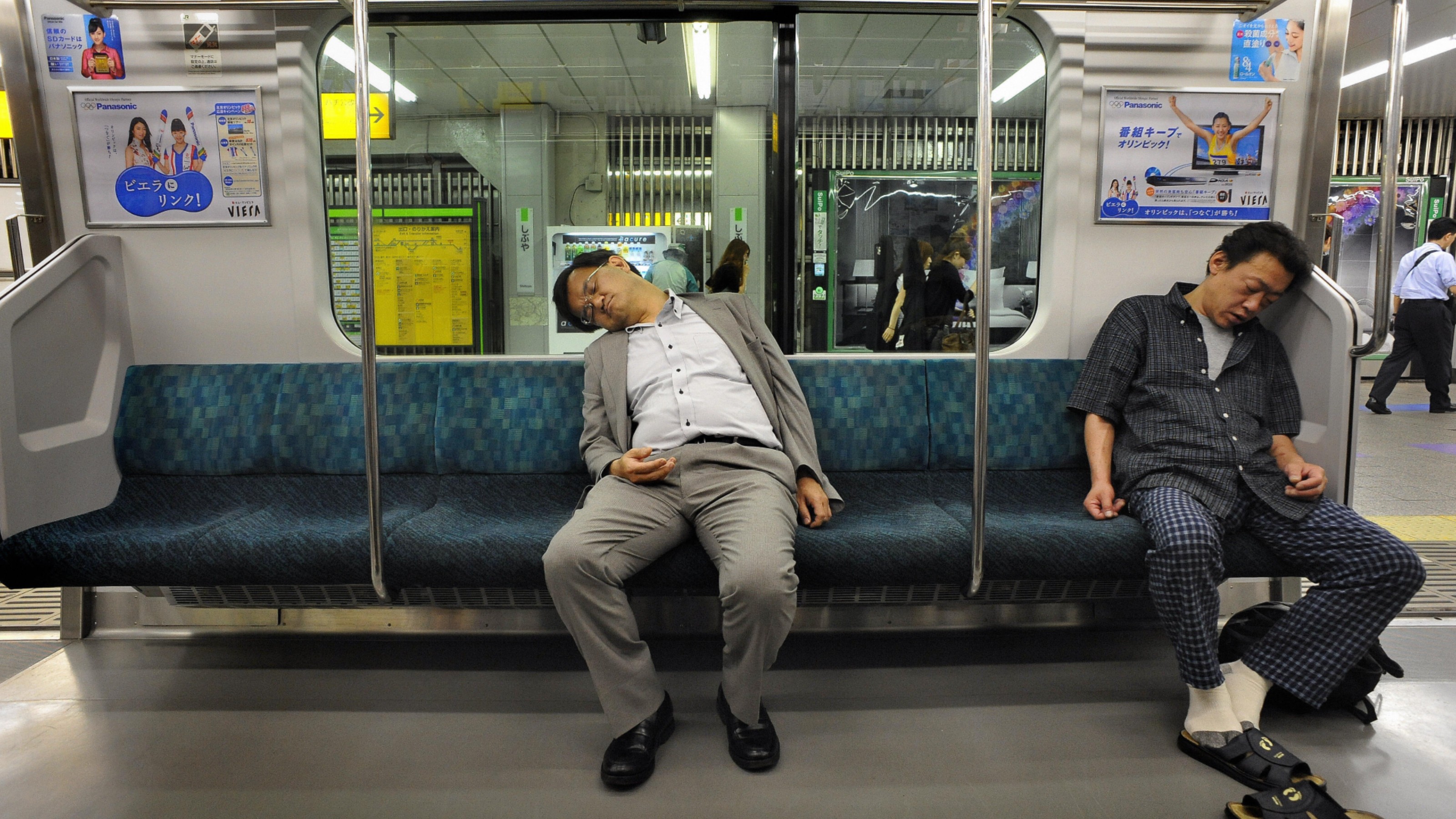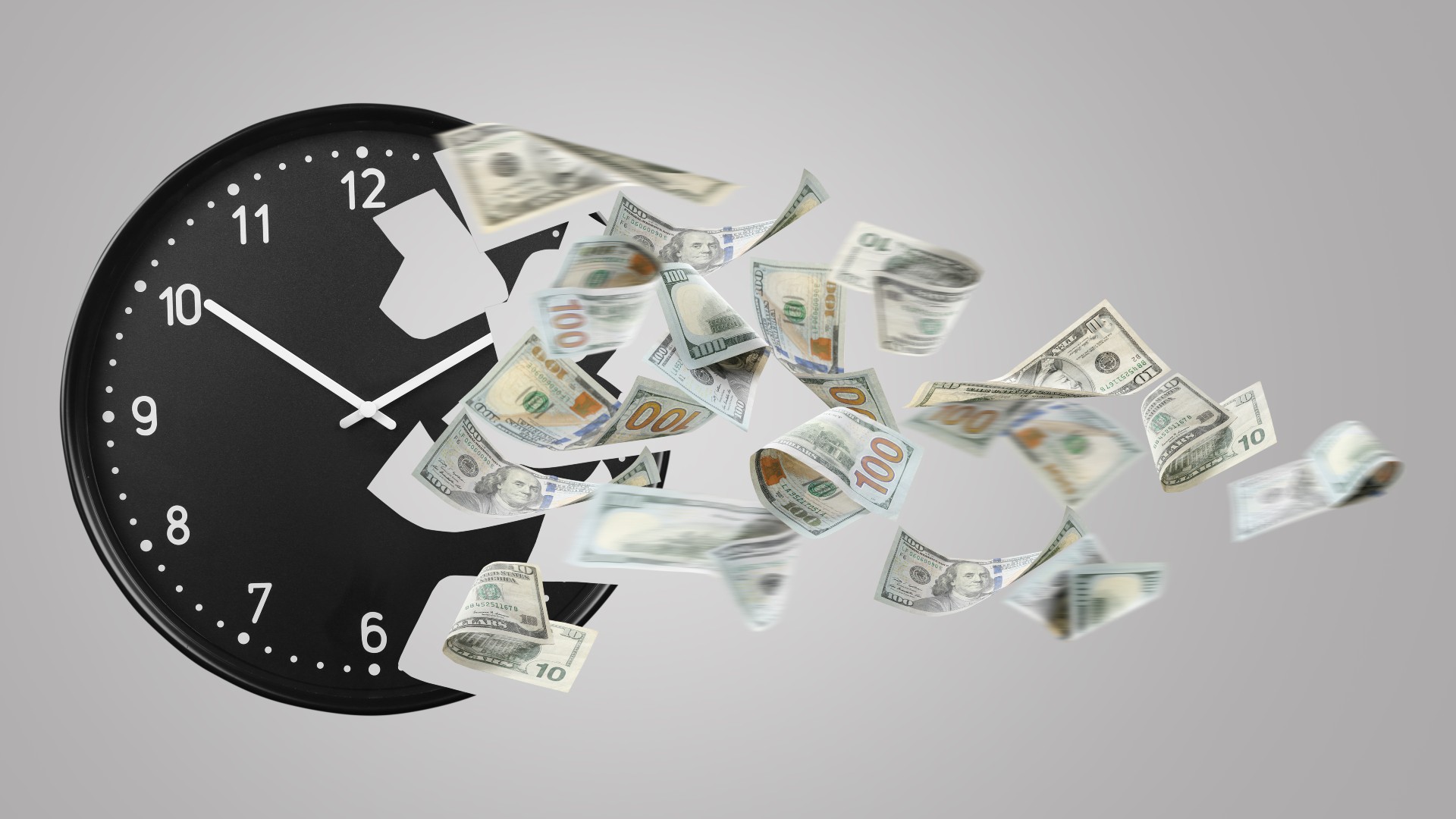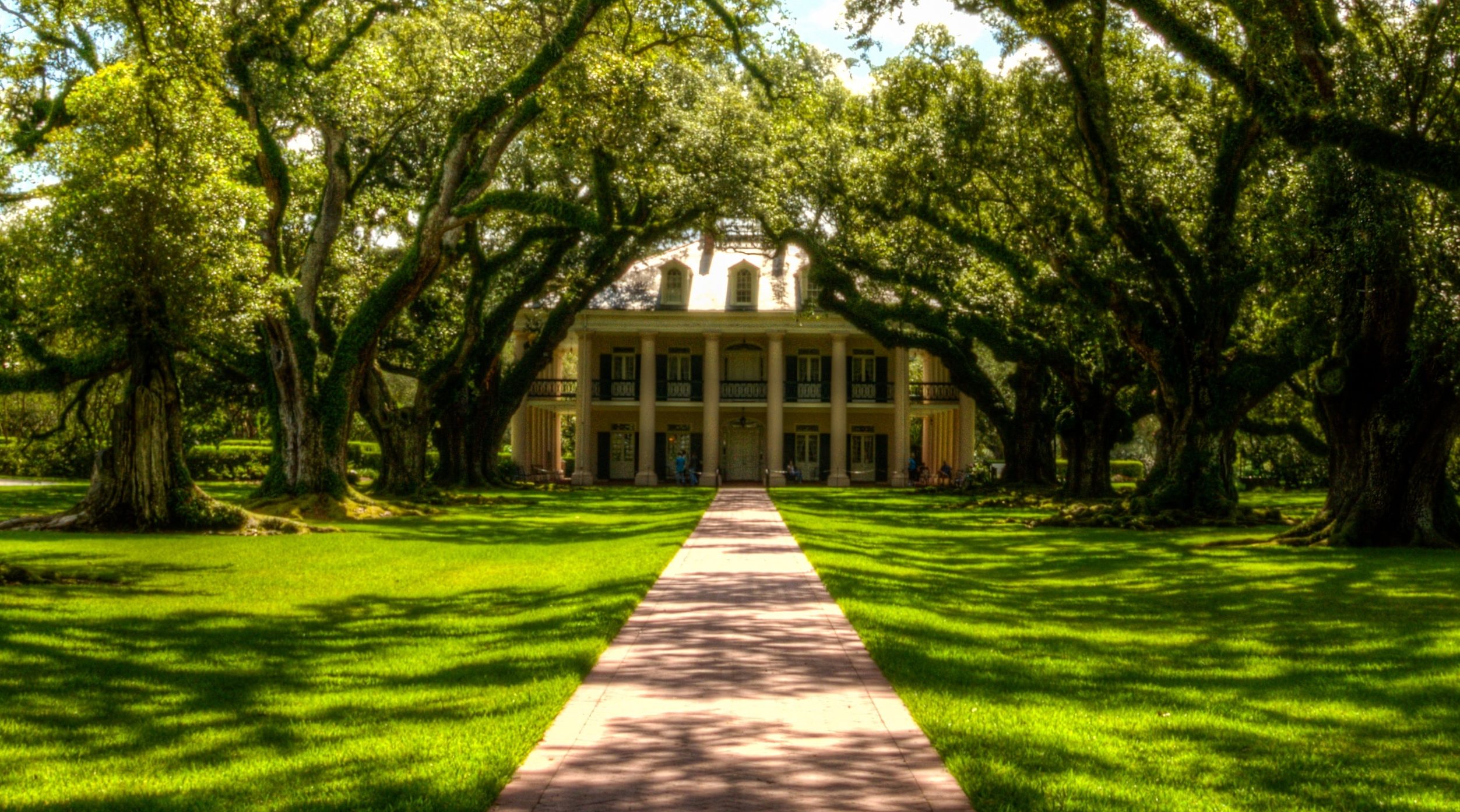Imagine a world without accountants. It’s not as distant as you might think. Over 300,000 accountants have left the field in the past two years, and fewer students are pursuing accounting majors or the CPA exam.
Forensic accountant Kelly Richmond Pope explores this alarming decline in interest in accounting. Pope believes the difficulty and cost of getting an accounting degree have drawn prospective students away, along with shifting career interests driven by social media, ESG, cybersecurity, and IT.
However, some changes could attract new learners and, thus, save the field. Pope shares a few ideas for how to revitalize a very necessary profession.
KELLY RICHMOND POPE: What would the world without accountants look like? I think, it would be the Wild, Wild West in business. When you think about what an accountant does, a CPA does, what an auditor does: They're the ones that are telling you, "You can trust me, you can invest with me, you can lend to me."
An auditor gives me assurance. If they go away, who can you trust? This is really not a far-off question because when you look at the data, just in the past two years, 300,000 accountants have left the field. That's a huge, huge number.
There are less students choosing accounting as a major, there are less students sitting for the Certified Public Accounting exams, there are more people retiring out of the field than are coming into the field. Who's gonna do your tax returns if you don't have any CPAs or accountants?
I think what's changed is the way we work. We didn't predict the growth in other areas. So many professionals that might have once majored in accounting have gravitated to these other fields. We would've never known that social media would be a major, that ESG would be a major, cybersecurity would be a major; a lot of the IT jobs would be what they are today. We probably took our eye off the ball a little bit, and now we're playing catch up.
One of our hindrances, we have something called the "150-hour requirement." If you major in accounting, you have to have 150-credit hours before you can sit for the CPA exam- and so that has made college longer and more expensive. There's a lot of kids that go to graduate school and they wanna get their MBA, but now what you're having to do is you have to go to graduate school, get a master's in accounting, and if you wanna go get an MBA, you gotta go back to graduate school to get that. Things are gonna have to change in order to appeal to a group of Gen-Z learners that want to work differently.
So what we've seen is organizations really starting to pay for that fifth year of college, offering scholarship dollars for students to go back. "Stay in school, we'll pay for your fifth year. We'll pay for you to sit for the CPA exam. We'll pay for your study materials. We just wanna get you through." So you're starting to see organizations push to help students in a way that you didn't see in the past.
I spend a lot of time talking to high school students, and what I really try to focus on is speaking about accounting as a skill set- and it's a skill set that allows you to be entrepreneurial if you want to be. You can go work in a public accounting firm, you can go into a privately held company, you can go into a large organization, or you can start your own business.
The best-case scenario is we start to credit internships as credit hours that count towards that 150-hour requirement, encouraging more students to become Certified Public Accountants. Worst-case scenario, we have everybody retire out of the field and we are now going to majors that don't understand accounting and try to force-feed accounting into people that never really understood it or wanted to understand it; but they are gonna start opining on financial statements, which could be a little tricky. I'm scared to think about worst-case scenario because I really, really, really hope we don't get there- but we're getting close.





